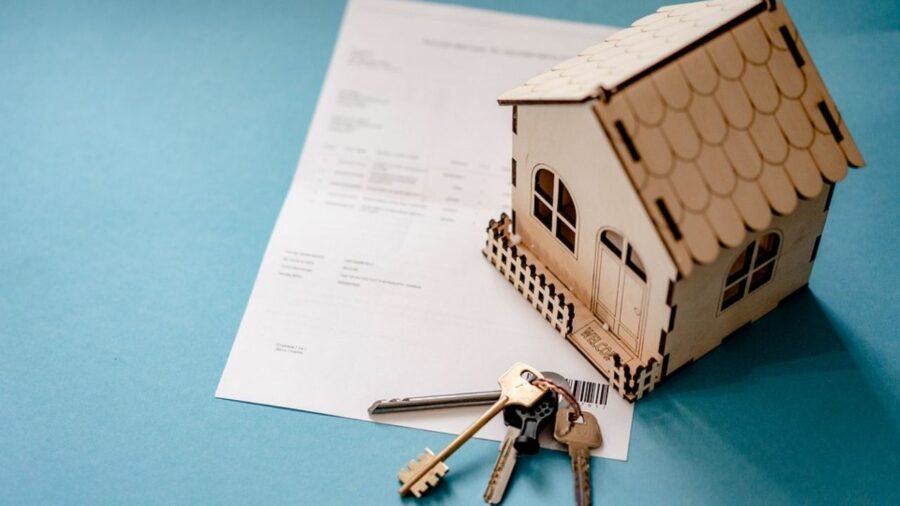Buying a home is one of the most important decisions you will make in your life. It can be difficult to know where to start when it comes to getting your first mortgage, but there are some easy steps you can follow that will help make this process easier. This post will give an overview of 3 ways that first time buyers can find the best loan for their needs.
1) Talk with family and friends about mortgages they have used before
Ask family and friends for referrals who have bought property recently. In particular, ask family and friends who have taken out a home loan recently as the mortgage market is constantly changing. For example, most baby boomers took out loans with 18% interest rates and offset accounts were not a thing. Interest rates are very different now (read: much lower) and all the major lenders (e.g., CommBank, Westpac, ANZ, NAB) offer offset accounts.
Similarly, asking family and friends can also reveal lenders and products you should avoid. But that doesn’t mean you stop at educating yourself based on the experience of your family and friends. This is because there are new products, services and marketplaces. For example, things such as a Joust’s home loan auction where lenders bid for your loan did not exist 5 years ago.
2) Know what type of property you want to buy
Lenders know that there are two different reasons why a person buys property. The main differences lie in whether the property is going to be a primary residence or a secondary home/investment property.
Primary residences tend to have more lenient mortgage requirements because banks and lending companies want to ensure that people who buy a home still have a place to live if they become unemployed or lose a job. These properties typically offer better interest rates with smaller down payments.
If, however, the property is going to be a secondary home or investment property, a person may have a larger down payment requirement and an even stricter qualification process for securing a mortgage. Because people who buy second homes are often investing in these properties, lenders tend to require a higher interest rate, a larger deposit and better credit history.
As far as home loans are concerned, there are two significant impacts that purchasing a studio apartment or any type of property can have on the financials.
The first impact is the loan to valuation ratio (LVR). This has an effect on the amount you are able to borrow for your purchase. To calculate your loan to valuation ratio, divide your loan amount by the valuation of your property. For example, if you are purchasing a studio apartment for $200,000 and the valuation is $210,000 then your LVR would be 95%. This means that you could borrow up to $190,500 plus costs from a lender.
How does loan to valuation ratio affect my home loan? The lower the LVR is, the more you can borrow and therefore increase your borrowing capacity. Higher loan to valuation ratios will reduce your borrowing power.
The second impact on the home loan is the type of property purchased. Most lenders have restrictions on what they will lend on e.g. unit/apartment or commercial investment properties only . This depends on criteria such as size, location and type of property. This can either restrict you from lenders or limit the amount that they will lend to you against this type of property.
If you are considering purchasing a studio apartment, townhouse or free standing home; make sure to get expert advice on how this can potentially impact your home loan contract.
3) Understand how much money you need for a down payment
When applying for a home loan, one of the first steps will be to provide a deposit. Putting down this initial payment demonstrates you are serious about buying a property and shows that you have the funds to settle should the loan fall through.
Your deposit amount can range from 5% to more than 20%. If you want to buy a home with your partner, you’ll both need to provide a deposit. If only one of you does, this can actually affect your loan application in one of two ways:
- The bank may consider your partner’s financial situation to be the same as yours, which could increase the amount they are prepared to lend. If so, it will mean that you have more borrowing power.
- The bank may consider your partner’s financial situation to be less responsible than yours, which could decrease the amount they are prepared to lend. If so, it will mean that you have less borrowing power.
It’s worth noting that this is just one example of how having a larger deposit can affect your loan application. Other factors, such as your credit history – which can be affected by monthly spend on expenses including mobile phones and cars – will also play an important role.
FYI, having less than 10% or more than 20% down payment may limit your mortgage options.
In order to find the best mortgage for your needs, you’ll need to do a little research. There are many different types of mortgages that will require some consideration when deciding which one is right for you. Make sure that you know what type of property you want and how much money down payment impacts your home loan options in order to pick the most appropriate mortgage.
